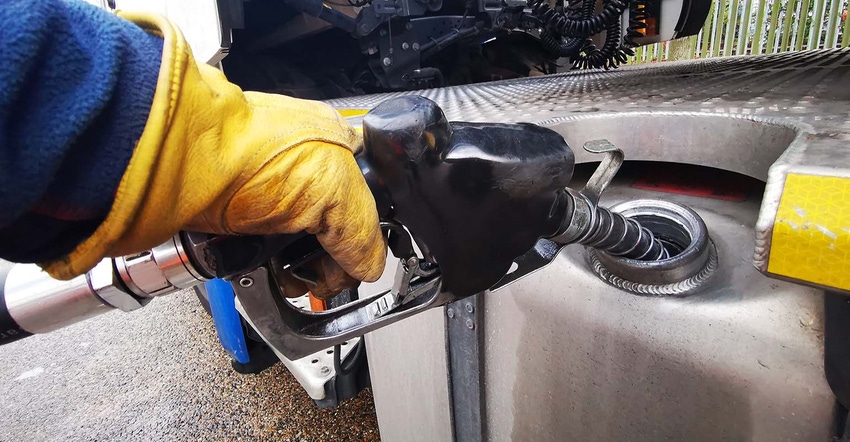
Biodiesel and renewable diesel meet more than 6% of the nation's need for diesel fuel. A new study released by Clean Fuels Alliance America demonstrates that the production of biodiesel and renewable diesel consistently reduces fuel prices by increasing the supply.
The demand for diesel fuel is very inelastic, meaning that even small changes in fuel supply will result in relatively larger changes in prices. Therefore, by adding biodiesel options to the market space, it is increasing the supply and driving down the price of #2 diesel.
The study notes that as the production and availability of cleaner fuels grew over the last decade, global diesel users saw a long-term savings of around 21 cents per gallon.
"Today's study shows that U.S. biodiesel and renewable diesel production generates a 4% decrease in the price of diesel fuel," says Kurt Kovarik, vice president of federal affairs for Clean Fuels.
“That price benefit flows through the entire economy,” he adds. “With the current shortage and cost of diesel fuel, a price increase associated with the reduction of biodiesel and renewable diesel production would be passed along to consumers in the costs of numerous indispensable items."
Expanding renewable diesel production
During the past few years, various companies announced plans to expand renewable diesel production capacity. If achieved, we could see an increase in production of over 7.4 billion gallons.
Of that new production, 2.7 billion gallons would be coming from the conversion of existing oil refineries, and the other 4.7 billion gallons from new construction.
At a time of record-setting diesel prices at the pump, a boosted renewable diesel supply will help compensate for limited petroleum refining capacity and high diesel prices.
To learn more, read the full study.
Source: Clean Fuels Alliance America, which is solely responsible for the information provided and is wholly owned by the source. Informa Business Media and all its subsidiaries are not responsible for any of the content contained in this information asset.
Read more about:
BiofuelsAbout the Author(s)
You May Also Like






